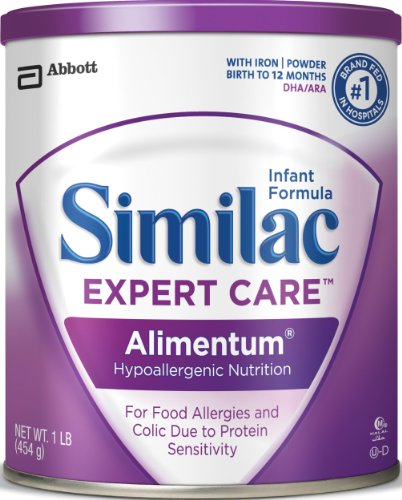Allergic colitis is a condition in infants that results from an immune response triggered by proteins in the diet. This immune response leads to a reaction in the lining of the gastrointestinal tract. Cow and soy milk proteins, as well as those in breast milk are the most common dietary proteins that cause this reaction in infants. Typically, babies with allergic colitis appear healthy and have normal, soft stools that contain flecks or streaks of blood. This small amount of bleeding does not usually cause problems; rarely babies may develop a low blood count (anemia). When other symptoms develop, such as fussiness (especially fussiness while passing stool), diarrhea, vomiting and failure to thrive, treatment is needed. The usual onset of allergic colitis is in the first 2 months of life but it also occurs in infants from 1 day to 6 months of age. Continue reading

Allergic colitis
Leave a reply